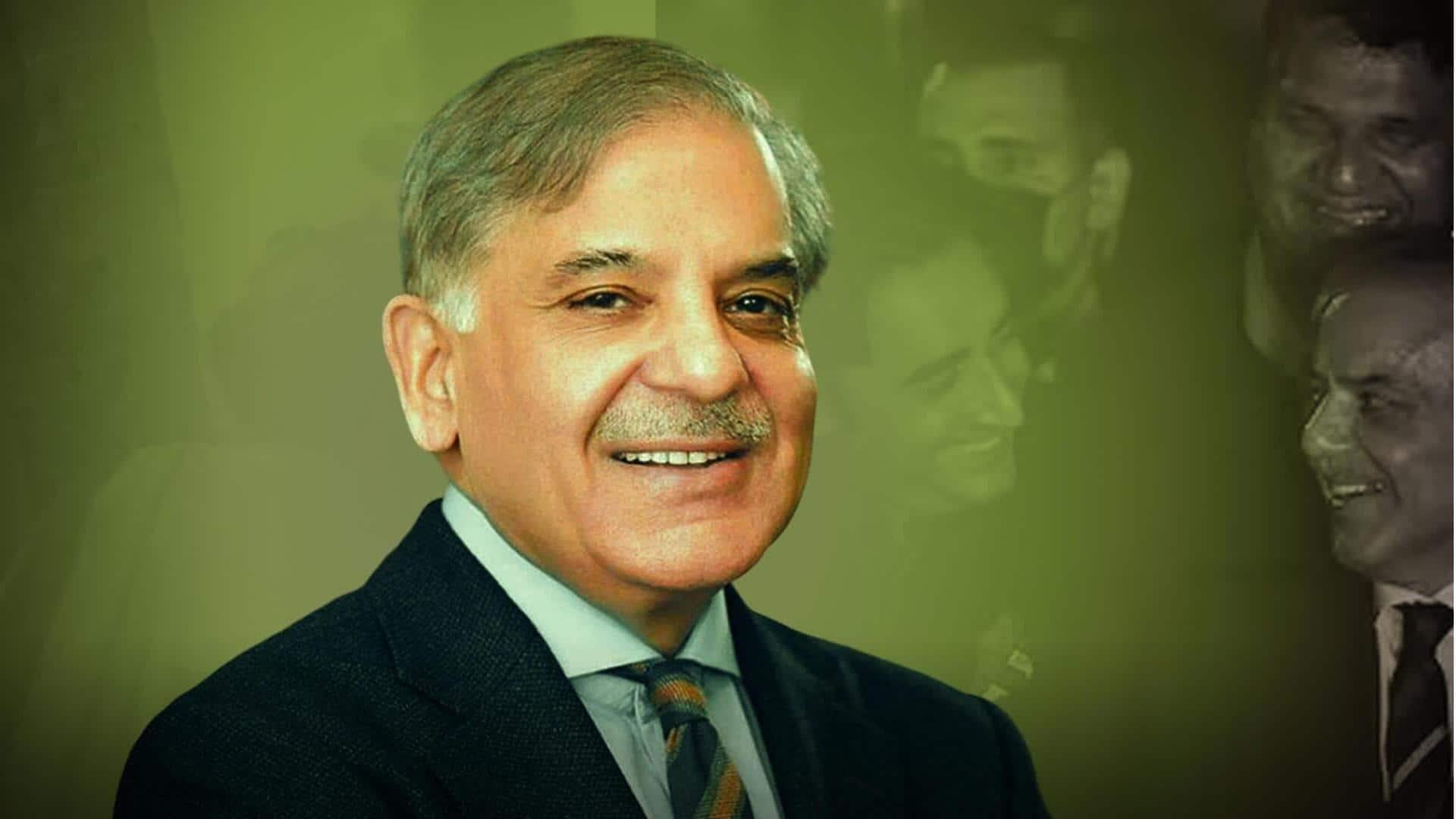Shehbaz Sharif set to become Pakistan's 33rd prime minister
Pakistan Muslim League-Nawaz (PML-N) leader Shehbaz Sharif is set to become the country's prime minister for the second time in a vote by the nation's newly formed parliament on Sunday. Sharif will return to the post he held until August last year, when parliament was dissolved ahead of Pakistan's general election and a caretaker government took charge.
Why does this story matter?
The development comes nearly three weeks after uncertain national elections in Pakistan resulted in the formation of a coalition government. It's worth noting that the Pakistan Peoples Party (PPP), Pakistan Tehreek-e-Insaf (PTI), and PML-N failed to secure a majority in the national assembly. Per the Election Commission of Pakistan (ECP), independent candidates won 101 seats, followed by PML-N bagging 75 seats, PPP winning 54 seats, and Muttahida Qaumi Movement-Pakistan (MQM-P) getting 17 seats.
How Sharif got picked as PM
The vote in the country's parliament will take place under tight security as candidates backed by former jailed PM Imran Khan have opposed the election result and demanded his release. While Khan-backed candidates secured the most seats, the PML-N and the PPP agreed to form a coalition government that picked Sharif as the next prime minister.
All you need to know about Pakistan's next PM
The 74-year-old is the younger brother of former three-time prime minister Nawaz Sharif and the PML-N president. During his previous term, Sharif's government managed to negotiate a critical International Monetary Fund (IMF) deal. However, the process was mired in challenges, and the measures required by the agreement—which ends in April this year—contributed to rising prices.
How many seats are required to form government in Pakistan
To form a government, a political party needs to win 133 seats out of 265 contested seats. Approximately 70 seats are reserved for minorities and women, divided between parties proportionally. In order to become premier, a candidate must receive 169 votes in the 336-member house. The PML-N and its allies, including the center-left PPP, claim to have the support of over 200 lawmakers.
